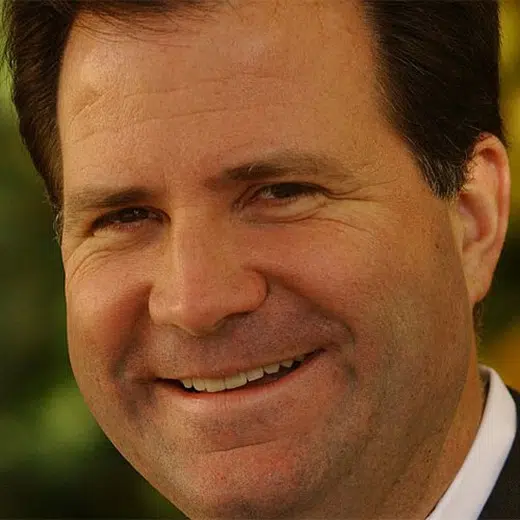By Cindy Liu
PHNOM PENH (Reuters) – “Take what you need, donate what you can” is the slogan written on a glass fronted cabinet full of food, water and essential daily items carried by Cambodian cyclo taxi driver Chim Prich.
Hit hard by coronavirus movement restrictions, Cambodian cyclo drivers are flocking to the streets of the capital, Phnom Penh, with mobile food banks that allow residents crippled by the pandemic’s economic hardships to pick up free food and essentials.
“Thanks to the kindness of those more fortunate who provided these foods and necessities, I can deliver them to poor people like trash collectors, beggars, street sweepers and anyone else who is struggling to make enough money to buy food,” Chim Prich said.
Cyclos, three-wheeled pedal-powered rickshaws, have long been a popular choice for visitors keen to take in the sights and enjoy the buzz of Phnom Penh at a leisurely pace. But the coronavirus pandemic’s devastating impact on global travel has crushed tourist numbers, cutting driver’s incomes.
Hao Taing, a 21-year-old student in Phnom Penh, came up with the idea of the mobile food banks after seeing the cyclo drivers struggle.
“It brings me great joy to run this project, and I’ve received a lot of love and support from people both here and abroad,” Hao Taing said. A full-time student, Hao Taing spends his days working on the project and his nights studying.
“It’s not easy,” said Hao Taing, who added that he hoped the initiative would help Cambodia’s iconic cyclos survive the pandemic.
For their efforts, Hao Taing’s organisation Local4Local, which relies on donations, pays the cyclo drivers a small wage of around $17.50 a week to deliver food, water and other essentials to Phnom Penh’s most vulnerable people.
The initiative includes 10, colourful, hand-painted pantries placed atop the cyclos that are then stationed across various points in the city so those in need can take, and those who have the means can donate.
“I feel like I’ve been reborn,” said Ny Koy, a 63-year-old beneficiary of the project.
“No one has given food to me everyday like this. I’m so thankful. Now I can sleep well at night”.
(Reporting by Cindy Liu; Additional reporting by Chantha Lach; Writing by James Pearson; Editing by Christian Schmollinger)






